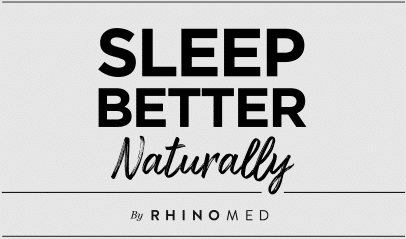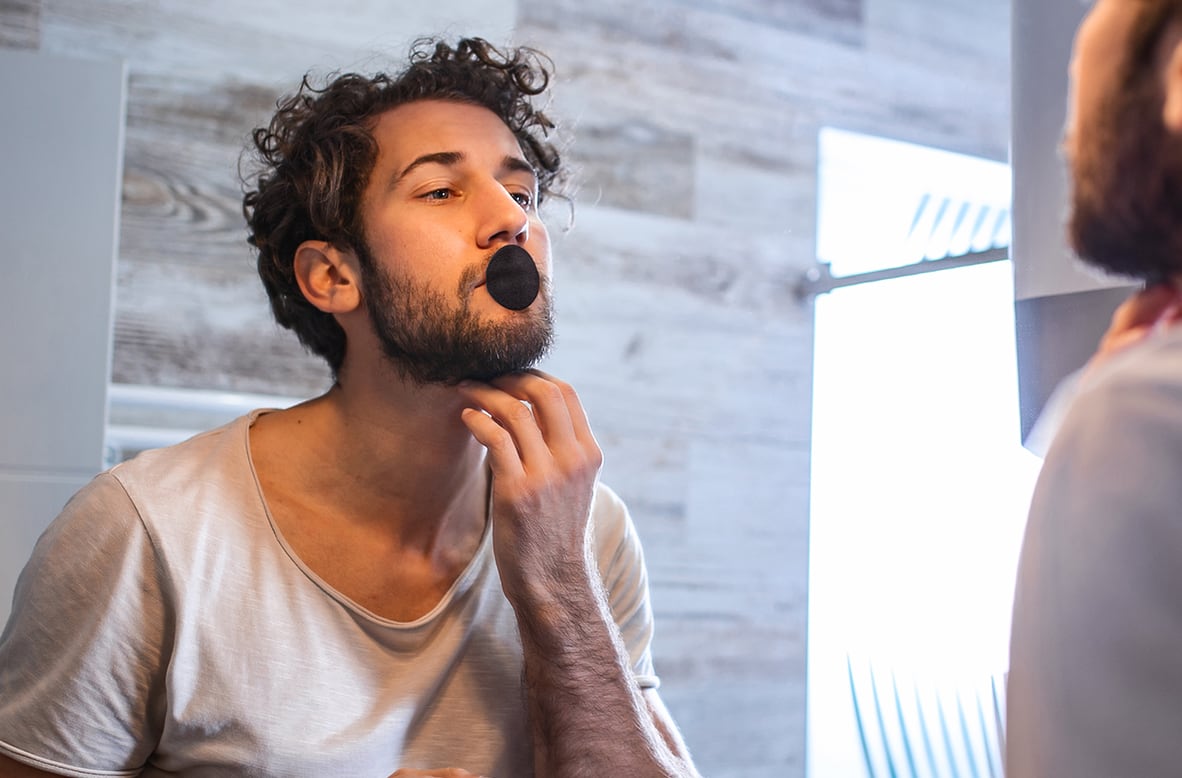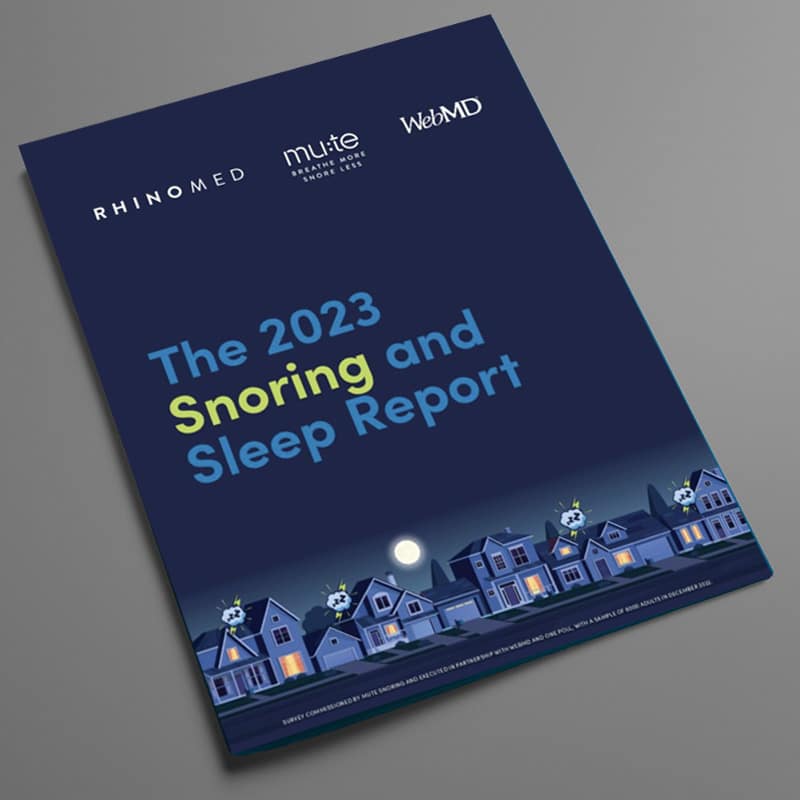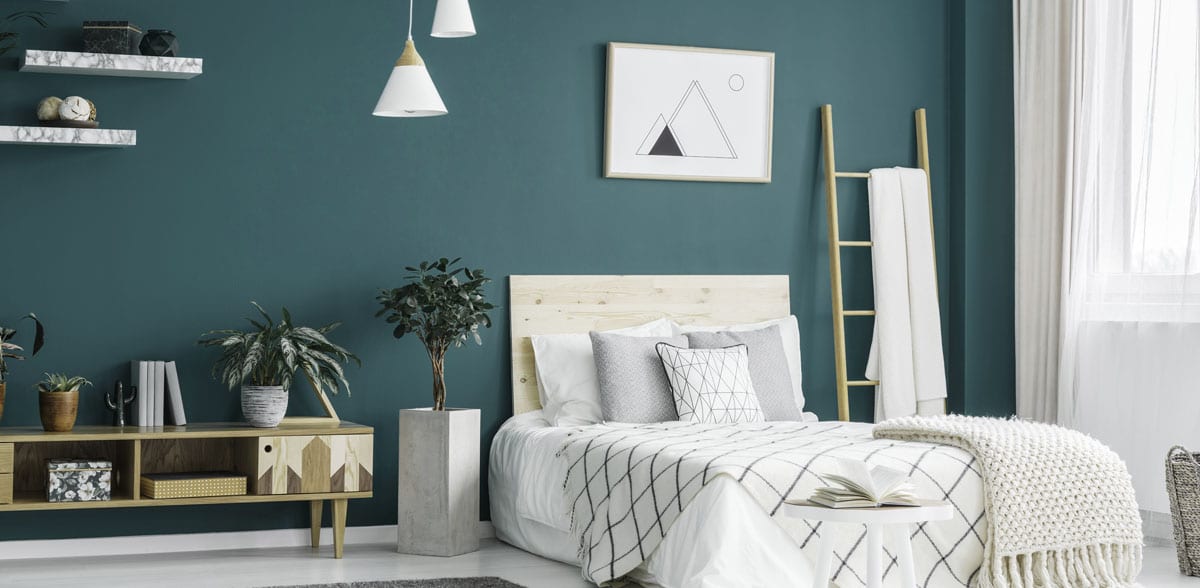10 REASONS TO SLEEP BETTER
+ 10 TIPS FOR BETTER SLEEP!

Medically Reviewed by
Dr Ronald Krueger MD F.A.A.C.S.

SLEEP. SOME SAY IT’S A LUXURY BUT THE EXPERTS TELL US IT’S A VITAL NECESSITY FOR STAYING HEALTHY AND GETTING THE MOST FROM LIFE. WE TEND TO TAKE OUR SLEEP FOR GRANTED IN TODAY’S BUSY WORLD BUT WHEN IT’S IN SHORT SUPPLY, WE REALISE THAT WE CAN’T LIVE WITHOUT IT.
That’s why over the past two months, the Rhinomed Sleep Naturally Series has looked closely at the amazing phenomenon that is sleep.
We’ve covered the reasons why sleep should be a top priority for everyone and how you can plan for and work towards achieving consistently good sleep. And that means getting enough sleep and getting good quality sleep every night.
Being well informed is always the first step to making positive changes to our lives and we hope these blogs have helped to demystify sleep for you.
Most of all, we hope we that you’re sleeping better as a result.
To wrap up our series, read on to find out the ten reasons you should make sleep a priority and our ten tips to sleeping better.
Ten reasons to sleep better.
Let’s recap why sleep is so important and why you should give some thought to how you can improve your sleep experience. The benefits – both short and long term – of getting consistently enough good sleep are boundless.
- Revive and restore your body – Sleep helps to maintain many of the vital functions to keep our body in top shape. One of the most important of these functions is to provide cells and tissues with the opportunity to recover from the wear and tear of daily life. Major restorative functions in the body such as tissue repair, muscle growth, and protein synthesis occur almost exclusively during sleep.
- Keep your brain healthy – During sleep, our brain’s cleaning system, the glymphatic system, enables our brains to eliminate toxins. When sleep is in short supply, particularly in the long term, our brain is unable to clear the toxins, increasing our risk for early onset dementia and Alzheimer’s disease.
- Be more productive – Getting a good night’s sleep enhances our ability to absorb new information making us more productive during the day. Our ability to learn, problem solve, and make decisions are all optimized by a good night’s rest.
- Feel less stressed – Chronic sleep deprivation causes elevated levels of cortisol, the stress hormone, in the bloodstream. So if you’ve been feeling more overwhelmed than usual, make sure to get enough sleep. Relaxation techniques like meditation and breathing exercises can also help you manage stress.
- Build better immunity – A study published in the Journal of Experimental Medicine (JEM) found that sleep enables the body’s T-cells to fight infections more effectively, bolstering your immune response. So if you’ve been feeling under the weather lately, crawl back to bed and get some rest.
- Lower your blood pressure – Excess cortisol can cause elevated blood pressure, which in turn puts you at higher risk of heart disease and strokes. Restful sleep promotes a state of relaxation that can help keep your blood pressure under control.
- Moderate your moods – If you find yourself getting snippy with your spouse or just feeling grumpier than usual, lack of sleep might be to blame. Experts believe that deep sleep helps restore the brain’s capacity to regulate emotions, which, in effect, reduces emotional reactivity which can create problems in our personal and professional lives.
- Support better mental health – Depression has also been linked to sleep deprivation by researchers at the University Of Pittsburgh School Of Medicine who found that over 90% of patients who have depression also suffer from poor sleep quality with 40% saying that they have difficulty falling and staying asleep. Anxiety has also been shown to increase by as much as 30% due to sleep deprivation in research at the University of California (UC) Berkeley.
- Manage your appetite and weight – Studies have also shown that those who sleep less tend to consume more calories throughout the day. They may also have more difficulty controlling their appetite as sleep deprivation throws your hormones off balance. So if you’ve been feeling more ravenous lately, getting quality sleep should be a priority.
- Live your best life – Along with a healthy diet and regular exercise, sleep is integral to optimizing and maintaining our health and wellbeing. That’s why it’s worth approaching sleep like you would a fitness plan or skincare regimen – in a purposeful, consistent and informed way. Don’t leave it to chance!
Ten sleep tips to help you fall asleep and stay asleep, naturally.
Here are some simple tips to get the sleep you need:
- Plan to sleep well – Make a conscious effort to develop good sleep habits by following a routine. Plan to be in bed at roughly the same time each night and set your alarm at the same hour each morning. Give yourself the opportunity to get the full seven to nine hours sleep recommended for adults, by sticking to the routine and allowing your body to adjust to it. You’ll be very happy you did!
- Make yourself comfortable – Make your bedroom a sleep haven by keeping it dark, cozy and well ventilated at bedtime. Invest in good quality beddings, pillows, and blankets to ensure you’re comfortable and block out external noises that might disturb your sleep. But if it’s too quiet for you, then a white noise machine might just be the answer.
- Allow yourself to slow down – Stretching, meditation, and deep breathing can calm the body and mind. So if you’re the type who’s always on the go, give yourself time to slow down and make the transition between working and resting before you go to bed. If you’re finding it hard to wind down, consider a vapor inhaler like Pronto Sleep, with pure essential oils like lavender, and tea tree to help you feel relaxed and ready for sleep.
- Switch off your phone – Avoid exposure to the blue light from devices like smartphones, computers, and TV screens before bed as these can disrupt your circadian rhythm which is your natural sleep-wake cycle. The sound of emails arriving throughout the night can be even more unsettling, so make sure it’s on silent or charging in another room.
- Breathe through your nose – being able to breathe comfortably though the nose, rather than the mouth, is important to a restful sleep. Mouth breathing is one of the main culprits for snoring and waking with a dry mouth. Practice breathing through your nose during the day so that it becomes your natural way of breathing at night. If your nose is blocked or you have narrow airways, then a nasal dilator like Mute can open up the nose and help to improve airflow.
- Avoid strenuous exercise close to bedtime – Although exercise is generally beneficial to being able to sleep well, your body needs time to cool down before bed. Being able to fall asleep quickly is linked to cooler body temperatures and sleep experts recommend timing your exercises roughly three hours before bed for best results.
- Limit alcohol before bed – Alcohol isn’t a good remedy for sleeplessness. You’ll probably wake within a couple of hours or be woken by your partner with an elbow to the ribs because you’ve been snoring. Try herbal tea instead. Chamomile and lavender tea, for instance, are known to relax and induce sleepiness.
- Avoid big meals late at night – By going to bed with a full stomach your body will be working hard to digest all that food rather than focusing on the important restorative and regenerative tasks it needs to do during sleep. Ever wondered why you feel tired after a heavy meal the night before?
- Avoid long daytime naps or sleep-ins – Trying to catch up on sleep by having a long daytime nap or sleeping in will only disrupt your circadian rhythm. You’ll wake up groggy and feeling tired. The better way to close the sleep gap is to go to bed earlier and get up at the same time you usually do.
- Don’t feel guilty about sleeping – Sleep isn’t a luxury, it’s a vital necessity and everyone needs their sleep, even super heroes. Getting by on little sleep is not a sign of being stronger, tougher or better in any way. In fact, we all benefit from a good night’s sleep and from consistently sleeping well. So, enjoy your sleep and the advantages it brings!
Sweet dreams from Rhinomed!
https://www.sleepfoundation.org/articles/how-does-anxiety-affect-sleep
https://www.psycom.net/anxiety-and-sleep/
https://news.berkeley.edu/2019/11/04/deep-sleep-can-rewire-the-anxious-brain/
https://www.ncbi.nlm.nih.gov/pmc/articles/PMC6689741/
https://www.ucsf.edu/news/2015/08/131411/short-sleepers-are-four-times-more-likely-catch-cold
https://www.sleepfoundation.org/articles/how-sleep-affects-your-immunity
https://www.pennmedicine.org/news/news-releases/2014/april/sleeping-away-infection-penn-r
https://magazine.medlineplus.gov/article/wake-up-call-how-sleep-impacts-our-minds-and-bodies

SET YOURSELF UP FOR A GREAT NIGHT’S SLEEP BY WINDING DOWN BEFORE BED WITH A WARM SHOWER, A GOOD BOOK, OR EVEN SOME RELAXATION EXERCISES. LEAVE YOUR LISTS, YOUR PHONE AND YOUR WORRIES OUTSIDE YOUR BEDROOM – YOU’LL BE MUCH BETTER PLACED TO TACKLE THEM IN THE MORNING WHEN YOU WAKE REFRESHED AND REVIVED!
THE SLEEP BETTER NATURALLY SERIES is sponsored by Rhinomed, a medical technology company dedicated to improving sleep through better breathing. Rhinomed is the maker of Mute, to aid snoring, and Pronto Sleep, to help you fall asleep and stay asleep, naturally.





